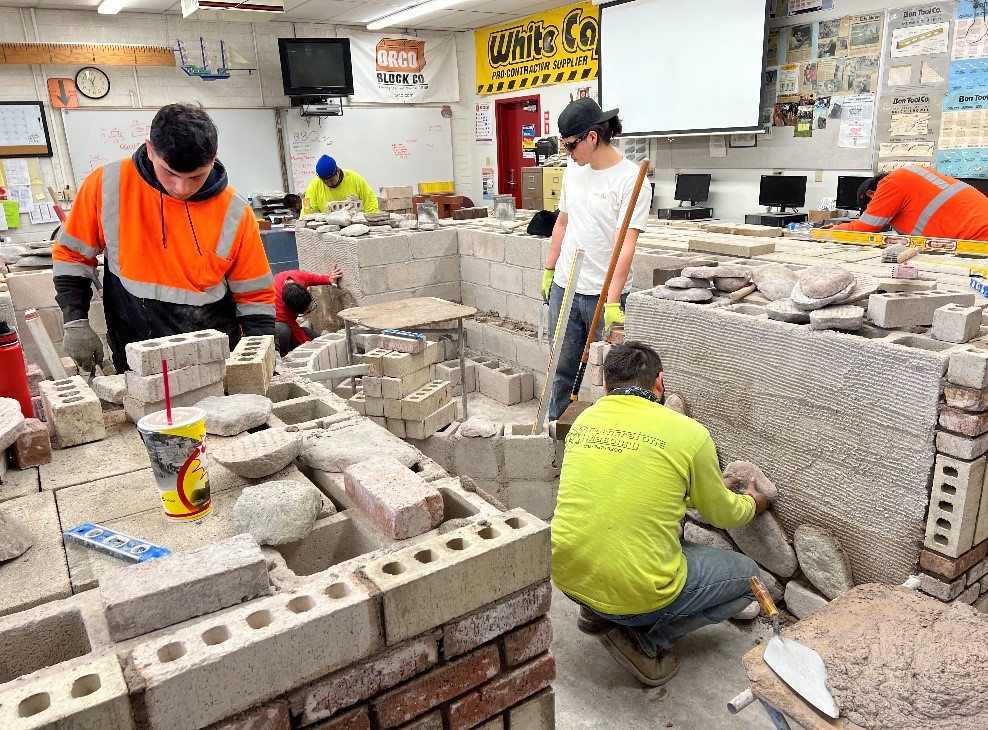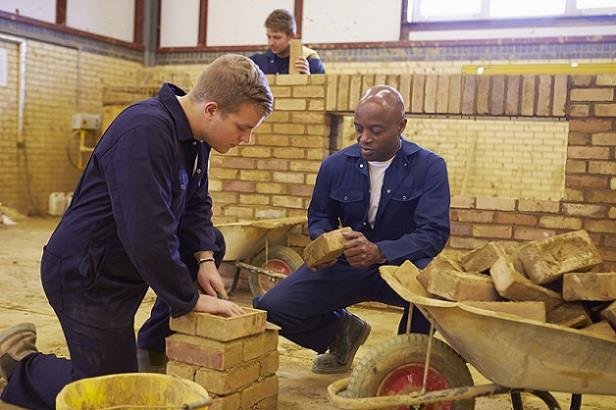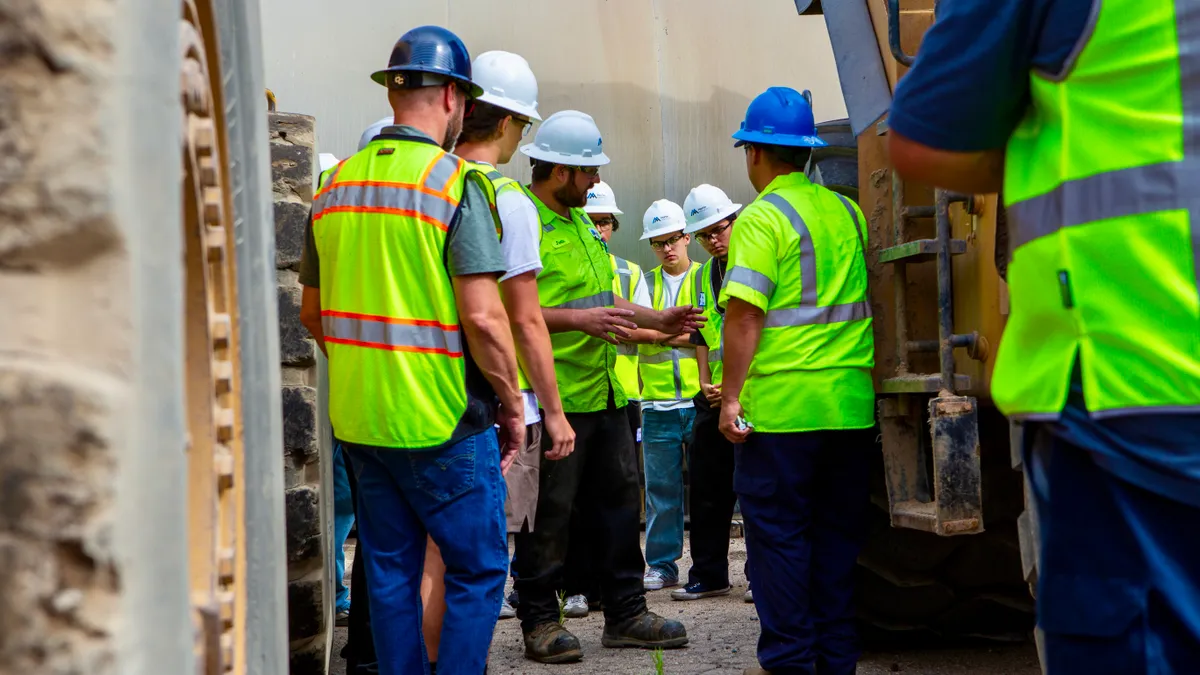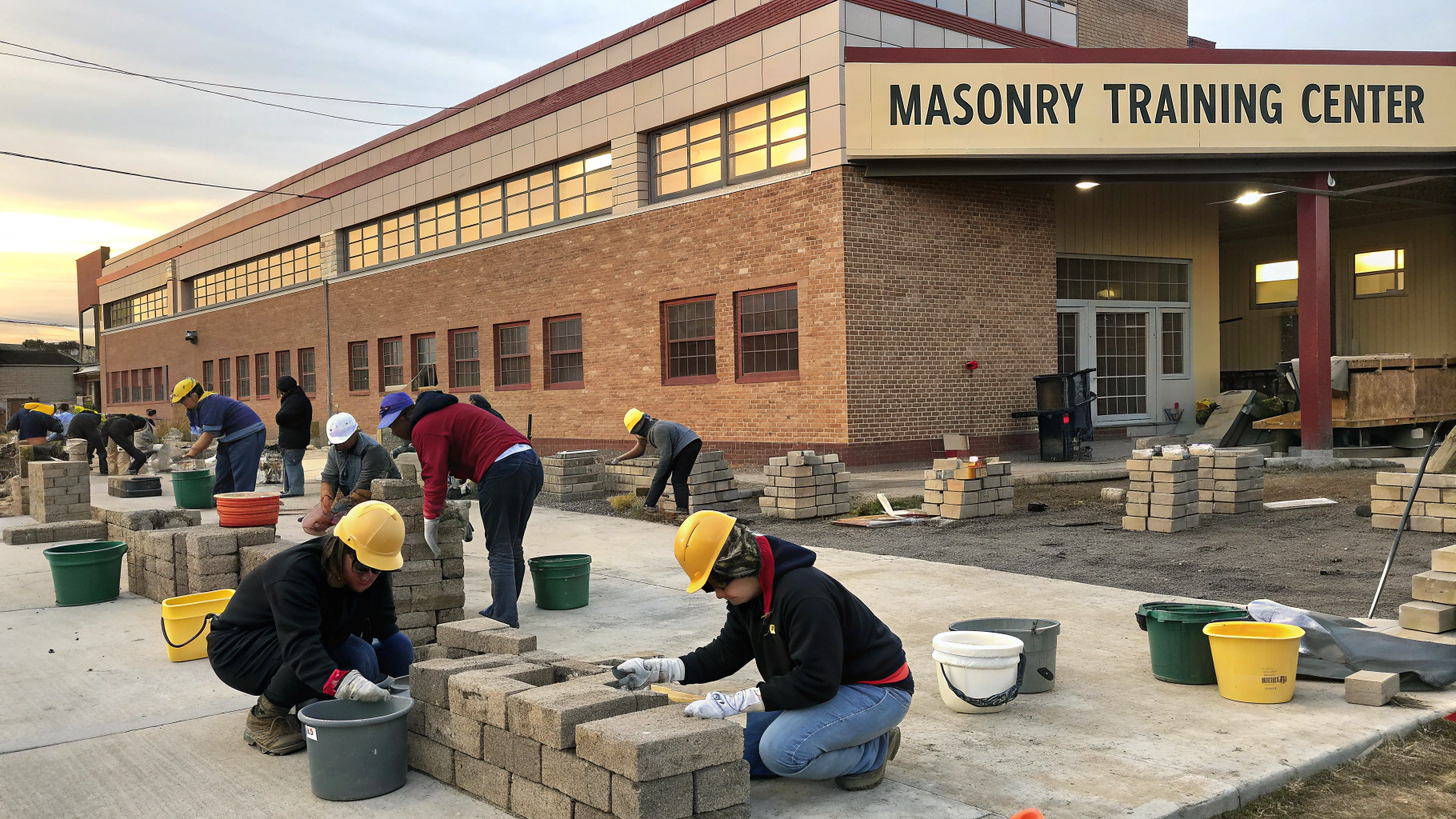The construction world needs skilled masons now more than ever. With aging pros retiring and new buildings rising, apprenticeships offer a direct path to a stable, hands-on career. Forget student debt, you’ll earn while learning timeless skills that robots can’t replace. Let’s break down how to launch your masonry journey, from choosing the right training to landing union jobs that pay up to $37.50/hour.
Section 1: What You Need to Start a Masonry Apprenticeship
To join most programs, you’ll need to be at least 18 with a high school diploma or GED. No diploma? Some programs like Job Corps let you earn one during training 1.

Next comes the aptitude test. Don’t sweat, it checks basic math and spatial skills (think visualizing 3D structures). Passing this gets you to the real hurdle: finding a sponsor. Unions or employers like Local 5 Houston often cover your tuition while paying you to work onsite. Imagine learning to lay bricks while making $22.74/hour from day one 2.

Your 3-4 year apprenticeship mixes 6,000+ hours of fieldwork with 432 classroom hours. Start with basics like mortar mixing, then progress to complex arches. Each year, your pay jumps, topping out near $75k/year in states like New York 24.

Section 2: Brick Laying vs. Stone Masonry Training Paths
Brick/Block Programs
These 3-year courses focus on modern construction. At Austin Community College, you’ll master blueprint reading, OSHA safety, and even business skills for running a crew 5. The NCCER curriculum uses video tutorials and quizzes to prep you for any job site 6.

Stone Masonry Apprenticeships
If you prefer historic restorations or stone walls, traditional programs like those through the International Masonry Institute (IMI) take longer (up to 11 years for master status). You’ll study medieval techniques alongside geometry, blending old-world craft with precision math 78.

Section 3: Skills That Make or Break Your Masonry Career
Forget “good with hands.” To succeed, you need:
-
Math chops: Calculate mortar ratios so exact, you’ll waste zero materials.
-
Blueprint fluency: Turn paper plans into perfect brick patterns.
-
Safety instinct: Spot a shaky scaffold before your foreman does.

John, a Houston apprentice, nearly failed his first solo wall until his mentor showed him the “pinky rule” for spacing bricks. Now he trains newcomers, which is proof that grit beats raw talent every time 9.
Section 4: Certifications That Unlock Better Pay
Graduate with an IMI Certified Bricklayer credential, and you’ll instantly stand out. In Georgia, certified masons earn $31.66/hour vs. $19.20 for newbies 10. The NCMA Concrete Specialist certification lets you bid on big commercial jobs, while small businesses love the Masonry Technician badge for residential gigs 1112.

Section 5: Why Unions Are Your Best Bet
92% of California’s apprentices train through unions like the State Building Trades. Why? They invest $100M/year in gear and teachers, plus place 95% of grads directly into jobs. Unions also fight for your benefits such as healthcare, retirement plans, even paid tools.

Section 6: Top Schools for Masonry Training
-
IMI’s Training Center: Their “learn while you earn” model has grads restoring national monuments within 5 years.
-
Houston Community College: Partners with unions to get 80% of students hired before graduation 5.
-
Local 5 Houston: Teaches laser-guided bricklaying, which is a must for high-rise crews.

Your Next Move
Masonry is building a recession-proof career where your skills outlive trends. Start by visiting apprenticeship.gov or union sites like IMIweb.org. Within 4 years, you could be the mason homeowners beg to fix their chimney or the foreman training the next generation.
The trowel’s in your hands. What will you build?
[Key citations embedded: A3, I1, E1, J5, F5, G4]

